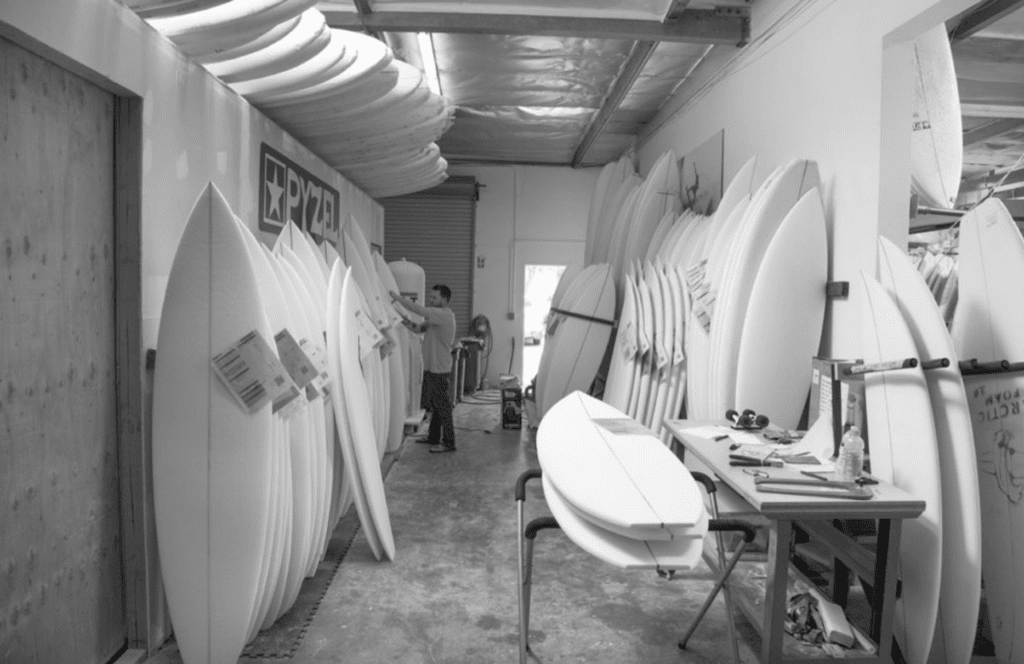John John Florence Will Be Riding (Mostly) Sustainable Surfboards From Now On
How three women spearheaded the effort to get Pyzel B-Corp certified
Maybe it’s because I’m a cynical GenZer, or maybe I read a little too much Jed Smith, but I have a habit of not believing a fucking word many large corporations utter.
Sustainability, natural flavors, organic, fair-trade etc, etc, etc. All lovely ideas, far too often falsely adopted by the oligarchs of the world to pocket more profits.
B-Corp certification is the widely accepted solution to this deceit, and the surf industry is tuning in.
This week, Pyzel became the first B-Corp certified surfboard manufacturer, following in the mindfully placed footsteps of Ripcurl, the Leisure Collective, and of course, Patagonia.

So, I picked up the phone to chat with Dali Pyzel — Jon’s business partner, wife, and the woman who masterminded their certification — to learn a bit more about Corpo Surfer Responsibility.
“It’s something we’ve been trying to do for about six years now,” she tells me proudly. “The first time we took the B assessment we had like 60 points — and you need 80 in order to proceed with the application process. I was always trying to implement improvements so we could do it, but it’s really time consuming. We’ve also been growing, so there hasn’t been too much extra time.
It’s a great way to hold us accountable. Every business is so busy trying to make a profit, and the important stuff can get lost. Even just staying up to date with what a good company does is great for us.”

“We’re not ruthless business people here, we’ve always tried to operate our business on a level of responsibility,” Jon Pyzel weighs in. “I mean, we make surfboards, I won’t sugarcoat that, it’s fucked for the environment. We’re not helping the planet by making boards, so we’ve always tried to look at ways to counterbalance it.”
How are they doing that? Majority plastic free packaging and donations to Grow Ahead, a nonprofit that supports sustainability as a counterbalance to manufacturing surfboards, as well as a very respectable company-wide minimum wage. You can read the full report here.
“First, myself and a woman named Kelly worked to get enough points to apply, and then Lily in our Oceanside factory took it through the application process, which is full on,” says Dali. “Sometimes you just need women in there. Lots of companies will hire a consulting group to help them through the process, but it didn’t fit our budget, so we just kept chipping away at it.

We had to support everything we said with documentation from accounting, production, retail, shipping — so it was definitely a team effort between everyone, not just the women. My hope is that this effort on our part will show other companies the value in getting certified. We’re lucky to have this business, and the best part is that we get to decide what sort of company we want to be,” she tells me.
“In my mind, the more people that hold these values, the better off we’ll be as a community.”


















Comments
Comments are a Stab Premium feature. Gotta join to talk shop.
Already a member? Sign In
Want to join? Sign Up